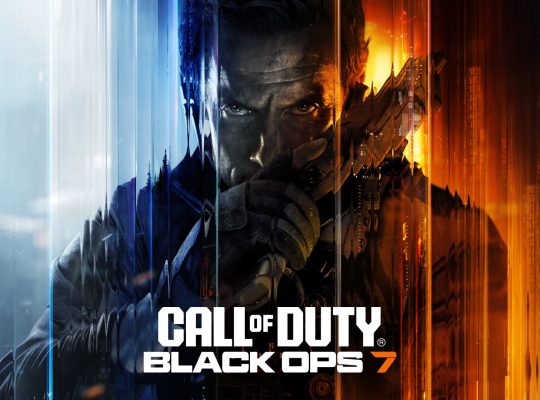The BBC faced widespread ridicule this week after a blunder on its morning show’s retro gaming segment highlighted a basic misunderstanding of classic gaming consoles. During a feature on the growing popularity of retro gaming in the UK, the studio displayed a Super Nintendo Entertainment System (SNES) with a Nintendo Entertainment System (NES) cartridge lodged in its slot — a configuration that is physically and electronically incompatible.
Retro Nostalgia Gains Momentum
The segment featured UK Interactive Entertainment (UKIE) CEO Nick Poole alongside BBC hosts Jon Kay and Sally Nugent, discussing why retro gaming continues to capture the imagination of players. Topics included nostalgia, the sense of community fostered by retro gaming events and groups, and the impact of popular media like The Last of Us and Fallout, which have brought classic gaming themes to mainstream audiences. Consoles showcased included the ZX81, Nintendo Wii, and SNES.
The On-Air Error
Viewers quickly noticed the SNES on display bore an NES cartridge of Super Mario Bros., despite the SNES not being backward compatible with NES games. Social media users wasted no time poking fun at the BBC, with quips about the broadcaster’s apparent lack of gaming literacy spreading across platforms.
UKIE issued a statement clarifying that the mistake was solely due to the BBC production team, noting that Nick Poole had no role in setting up the consoles for the segment.
A Broader Reflection of Misconceptions
While the error amused and annoyed many gamers, it also served as a reminder of the ongoing misconceptions about video games among the wider public. Despite gaming’s growth into a multi-billion-pound industry, misunderstandings about its history and technical details remain common in mainstream media coverage.
The BBC has yet to officially comment on the mistake, but the incident adds to the conversation about the importance of accuracy and understanding in reporting on gaming culture — especially as it becomes increasingly prominent in British entertainment and beyond.










